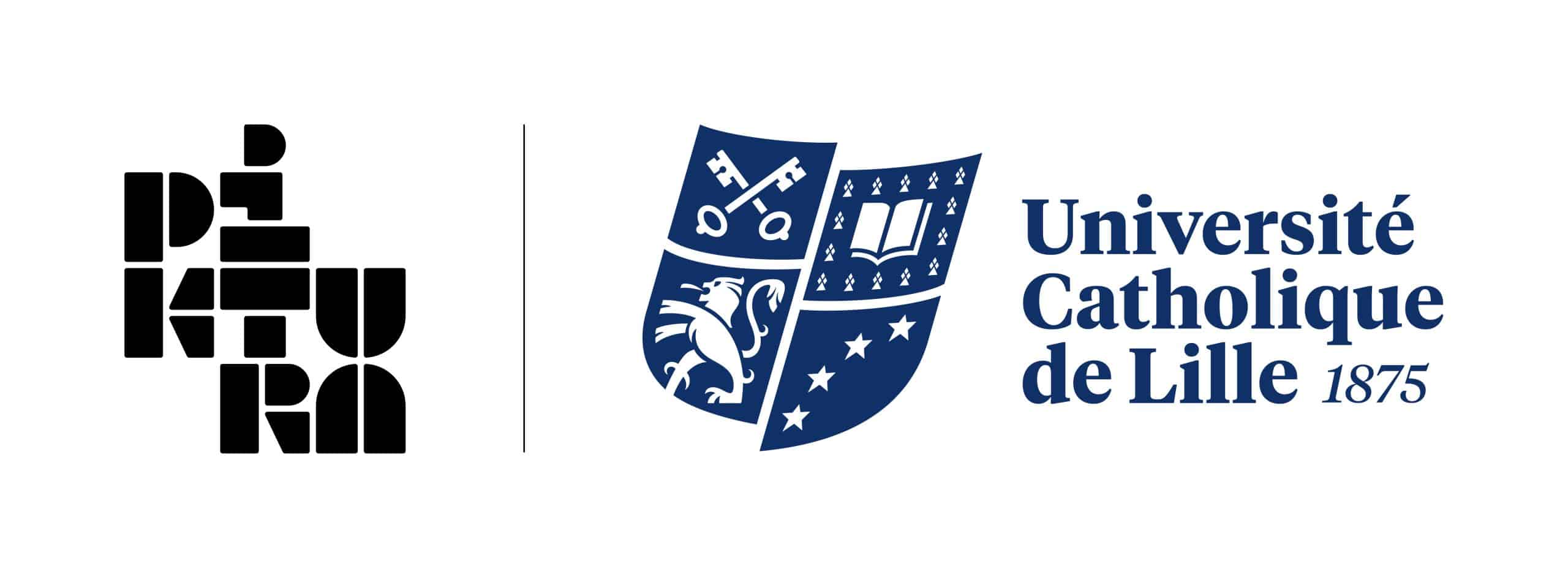
Pré-Mix
Etablissement : PIKTURA Ecole de l’image
Langue : Français
Formation(s) dans laquelle/lesquelles le cours apparait :
Période : S6
Pas de pré-requis
Préparation du Pré-mix Son des projets de film de Licence.
– Vérification technique des pistes sons et préparation des pistes pour le transfère vers le mixeur son.
– Mise en place de la nomenclature des pistes.
– Egalisation des pistes, mise en place d’un ton neutre sans intention de spatialisation.


